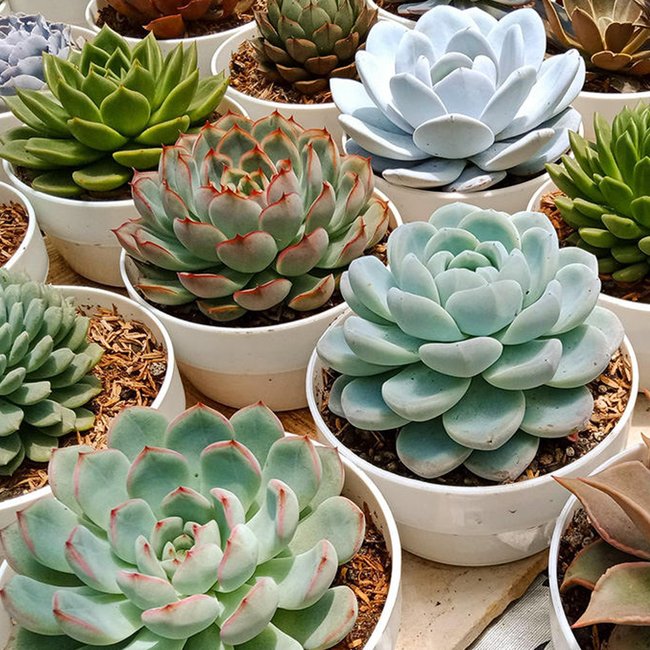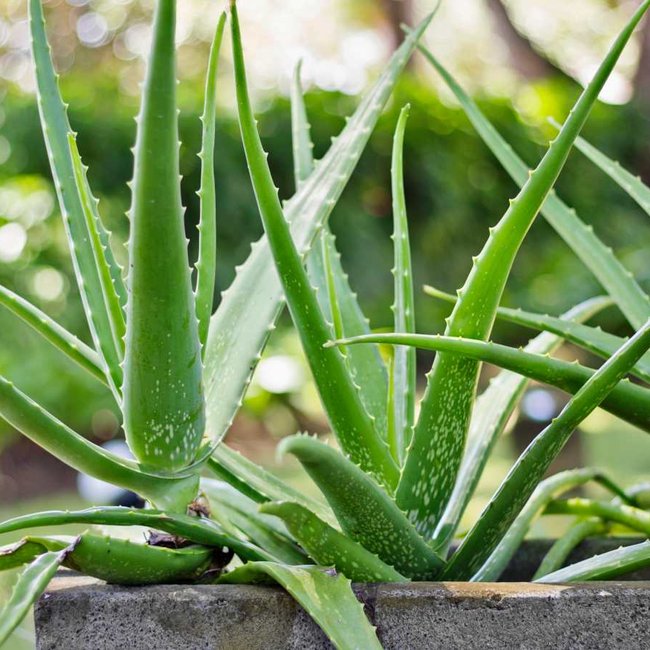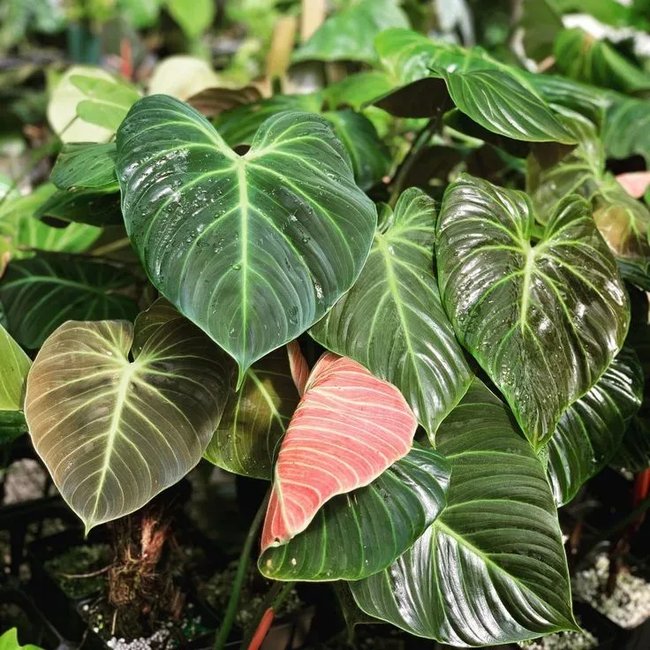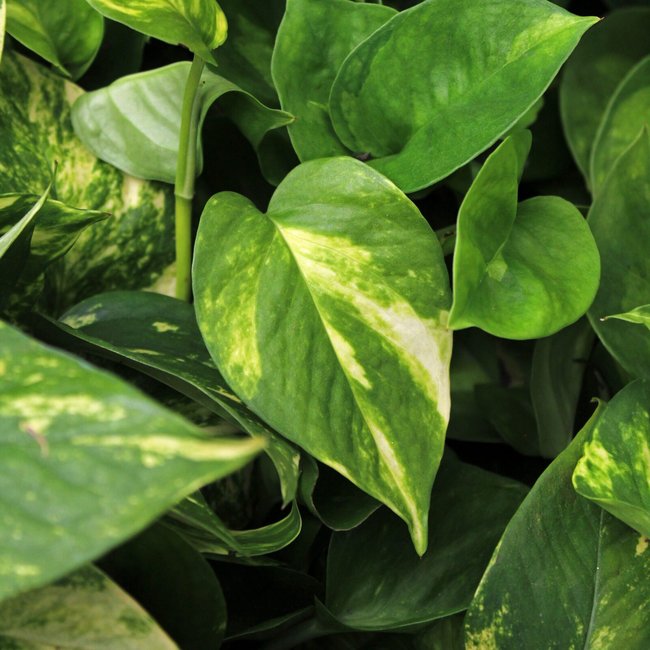Ducks
Ducks are a type of waterfowl that are found all over the world. They are found in both freshwater and saltwater habitats, and they can be seen in ponds, lakes, rivers, and even oceans. Ducks are omnivores, meaning they eat both plants and animals. They can be found in a variety of colors and sizes, and they are known for their playful and curious nature.
Meta Information
Scientific Name
Anas Platyrhynchos
Average Lifespan
3-5 years
Average Size
20-30 inches
Similar To
Geese, Swans, Puffins, Loons
Lifecyle
Ducks have a relatively short lifespan, with most living between 3 and 5 years. They typically lay between 8 and 12 eggs, and the eggs take about a month to hatch. Once the ducklings are hatched, they will stay with their mother for several weeks before leaving the nest.
Diet
Ducks are omnivorous, meaning they eat both plants and animals. They feed on a variety of foods, including worms, insects, fish, crustaceans, aquatic plants, and even small mammals.
Habitat
Ducks can be found in a variety of habitats, including ponds, lakes, rivers, and oceans. They are most commonly found in wetlands, and they prefer areas with shallow water and plenty of vegetation.
-
What do ducks eat?
Ducks are omnivores, which means they eat both plants and animals. Their diet mainly consists of insects, fish, small crustaceans, and aquatic plants. In captivity, they can be fed with commercial poultry feed, vegetables, and fruits.
-
Do ducks mate for life?
While ducks are known to form strong pair bonds during the breeding season, they do not always mate for life. Some species, such as mallards and wood ducks, are known to have multiple partners in a single breeding season. However, some species like swans, geese, and some species of ducks do mate for life.
-
Can ducks fly?
Yes, ducks can fly. Most species of ducks are capable of flight, but their flying abilities vary depending on their size and habitat. Some ducks, such as mallards and wood ducks, are strong fliers and can travel long distances during migration. However, some species like the Muscovy duck are not very strong fliers and prefer to stay on the ground.
-
Do ducks have teeth?
No, ducks do not have teeth. Instead, they have a serrated beak that helps them to grip and tear their food. The edges of their beak are sharp, which allows them to cut through tough vegetation and prey.
-
How long do ducks live?
The lifespan of a duck varies depending on the species and the environment they live in. Generally, wild ducks have a shorter lifespan than domesticated ducks. Most species of ducks have an average lifespan of 2 to 5 years in the wild, while some species can live up to 20 years if they are well-cared for in captivity.
-
Why do ducks quack?
Ducks quack to communicate with each other. It is their way of expressing different emotions, such as fear, excitement, or happiness. Male ducks also use their quacks to attract female ducks during the breeding season.
-
How do ducks keep themselves warm in cold weather?
Ducks have a special adaptation that helps them to keep themselves warm in cold weather. They have a layer of down feathers under their outer feathers that traps the air, providing insulation and keeping them warm. They also have a special gland near their tail that secretes oil, which they spread over their feathers to make them waterproof and insulated.
-
Do ducks have any natural predators?
Yes, ducks have natural predators, both on land and in the water. Some of their predators include foxes, coyotes, raccoons, weasels, snakes, hawks, eagles, and owls. In the water, ducks are vulnerable to predators such as alligators, crocodiles, and large fish like pike and bass.
-
How do ducks swim?
Ducks are excellent swimmers due to their streamlined body shape, webbed feet, and oily feathers. Their webbed feet help them to paddle through the water, while their sleek body shape allows them to move through the water with minimal resistance. Their oily feathers help to repel water, keeping them dry and buoyant.
-
How do ducks migrate?
Ducks migrate in large groups, flying in a V-formation to conserve energy. They use the prevailing winds to assist them in their journey, and they rely on their internal compass to navigate. During migration, ducks stop at various wetlands and feeding areas to rest and refuel before continuing their journey.
-
What is a group of ducks called?
A group of ducks is commonly referred to as a flock, but there are other specific terms used for certain species. For example, a group of mallards is called a sord, while a group of eiders is called a raft.
-
Can ducks be kept as pets?
Yes, ducks can be kept as pets. However, they require a lot of care and attention, as well as a suitable living space with access to water for swimming. It is also important to note that some cities have zoning laws that prohibit the keeping of ducks as pets, so it is important to check local regulations before keeping ducks.
-
How do ducks communicate with each other?
Ducks communicate with each other through a variety of vocalizations, body language, and behaviors. They use quacks, honks, whistles, and other sounds to convey different messages, such as warning signals or mating calls. They also use body language, such as tail wagging and head bobbing, to communicate with other ducks. Additionally, they have a highly developed sense of smell and can use scent to identify each other and communicate.
10 Fun Facts About
1. Ducks are social animals and often form large flocks. 2. Ducks have webbed feet that help them swim and walk on slippery surfaces. 3. Ducks can fly up to 60 miles per hour. 4. Ducks have a unique mating ritual called “courtship” that involves a lot of quacking and other vocalizations. 5. Ducks have a special oil gland near their tail that helps waterproof their feathers. 6. Ducks can dive up to 20 feet underwater in search of food. 7. Ducks have a wide range of vocalizations, including quacks, honks, and whistles. 8. Ducks can be found in all 7 continents. 9. Ducks can live up to 10 years in captivity. 10. Ducks can recognize their own reflection in a mirror.
Pun
What do you call a duck that likes to dance? A quack-erobics instructor.
Out Thoughts About
🦆🦆🦆 Ducks are so cute and fun to watch! They are such interesting animals and we love learning about them!







